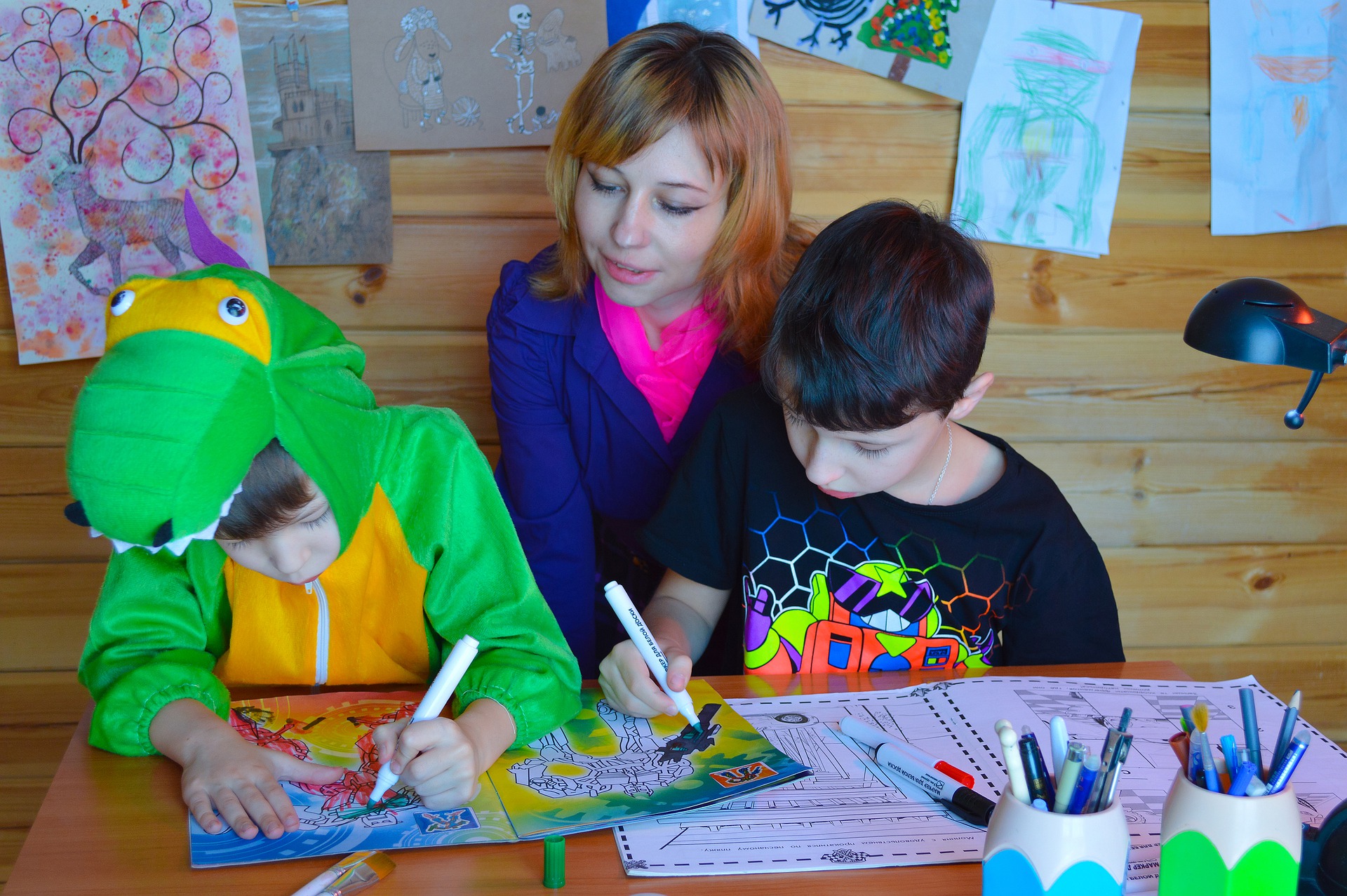Attachments
Note: Not all attachments are visible to the general public. Research URLs will go live after the embargo ends.

Research
PLOS, Web page
Please link to the article in online versions of your report (the URL will go live after the embargo ends).
Journal/
conference: PLOS ONE
conference: PLOS ONE
Research:Paper
Organisation/s:
Murdoch Children's Research Institute (MCRI), The University of Melbourne, Concordia University, Canada
Funder:
This study is based on a comparison of
seven international birth cohorts. EPOCH was
partly supported by Canadian Institutes of Health
Research (J. McGrath: OCO-79897, MOP-89886,
MSH- 95353; L. Se´guin: ROG-110537). ABIS and
this research were supported in part by the County
Council of Ostergotland, Swedish Research Council
(K2005-72X-11242-11A and K2008-69X-20826-
01-4), the Swedish Child Diabetes Foundation
(Barndiabetesfonden), Juvenile Diabetes Research
Foundation, Wallenberg Foundation (K 98-99D-
12813-01A), Medical Research Council of
Southeast Sweden(FORSS), the Swedish Council
for Working Life and Social Research (FAS2004–
1775), and Ostgota Brandstodsbolag. Johnny
Ludvisson founded the ABIS Cohort. Longitudinal
Study of Australian Children (LSAC) was initiated
and funded by Australian Government Department
of Social Services, with additional funding from
partner organizations Australian Institute of Family
Studies (AIFS) and Australian Bureau of Statistics
(ABS). The study was conducted in partnership
with the Department of Social Services (DSS), the
Australian Institute of Family Studies (AIFS) and
the Australian Bureau of Statistics (ABS). The
findings and views reported in this paper are those
of the authors and should not be attributed to the
DSS, the AIFS or the ABS. This paper uses unit
record data from Growing Up in Australia, the
Longitudinal Study of Australian Children.
Generation R Study (GenR) was made possible by
financial support from Erasmus Medical Center,
Rotterdam; Erasmus University Rotterdam;
Netherlands Organisation for Health Research and
Development (ZonMw; additional grant received by
V. Jaddoe, ZonMw 907.00303, 916.10159);
Netherlands Organisation for Scientific Research
(NWO); Ministry of Health, Welfare and Sport; and,
Ministry of Youth and Families. Generation R Study
(GenR) is conducted by Erasmus Medical Center in
close collaboration with the School of Law and
Faculty of Social Sciences of the Erasmus
University Rotterdam, the Municipal Health Service
Rotterdam area, Rotterdam, the Rotterdam Homecare Foundation, Rotterdam and the
Stichting Trombosedienst & Artsenlaboratorium
Rijnmond (STAR-MDC), Rotterdam; we gratefully
acknowledge the contribution of children and
parents, general practitioners, hospitals, midwives
and pharmacies in Rotterdam. Que´bec
Longitudinal Study of Child Development (QLSCD)
1996-2014 cohort was principally funded and
supported by l’Institut de la statistique du Que´bec
through partnership with Fondation Lucie et Andre´
Chagnon, Ministère de l’e´ducation et de
l’Enseignement supe´rieur, Ministère de la Sante´ et
des Services sociaux, Ministère de la Famille, GRIP
Research Unit on Children’s Psychosocial
Maladjustment, QUALITY Cohort Collaborative
Group, le Centre hospitalier universitaire Sainte-
Justine, Institut de recherche Robert-Sauve´ en
sante´ et en securite´ au travail, l’Institut de
recherche en sante´ publique de l’Universite´ de
Montre´al, Centre de recherche du Centre
hospitalier de l’Universite´ de Montre´al (CRCHUM),
Fonds de recherche du Que´bec Sante´ (FRQS),
Fonds de recherche du Que´bec Socie´te et culture
(FRQSC), Social Sciences and Humanities
Research Council (SSHRC), and Canadian
Institutes of Health Research (MOP-123079, HDF-
70335). The paper used unit record data from the
QLSCD (ELDEQ – Enquête longitudinale des
enfants du Que´bec). Data for the QLSCD were
collected by the Institut de la Statistique du
Que´bec, Direction des enquêtes longitudinales et
sociales. National Longitudinal Study of Children
and Youth (NLSCY) was conducted by Statistics
Canada and sponsored by Human Resources and
Skills Development Canada (HRSDC); both
agencies played a role in funding, development of
survey content, research, and dissemination of
findings. NLSCY and this research was supported
by funds to the Canadian Research Data Centre
Network (CRDCN) from the Social Sciences and
Humanities Research Council (SSHRC), the
Canadian Institute for Health Research (CIHR), the
Canadian Foundation for Innovation (CFI), and
Statistics Canada. Although the research and
analysis are based on data from Statistics Canada,
the opinions expressed do not represent the views
of Statistics Canada. The UK Millennium Cohort
Study (MCS) was supported by the Economic and
Social Research Council, the Office of National
Statistics, and various government departments.
The study was led by the Centre for Longitudinal
Studies at the Institute of Education of the
University of London. We thank the Economic and
Social Data Service and the United Kingdom Data
Archive for permission to access the study data.
The US National Longitudinal Survey of Youth (USNLSY79)
is sponsored and directed by U.S. Bureau of Labor Statistics and conducted by Center for
Human Resource Research at The Ohio State
University. Interviews are conducted by the
National Opinion Research Center (NORC) at the
University of Chicago. The Children of the NLSY79
survey is sponsored and directed by the U.S.
Bureau of Labor Statistics and the National Institute
for Child Health and Human Development.



 Australia; International; VIC
Australia; International; VIC


